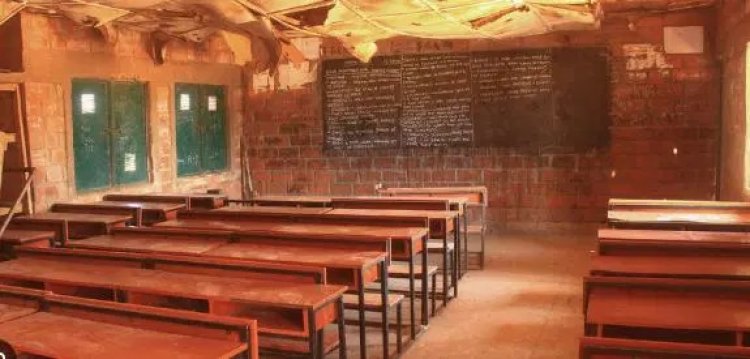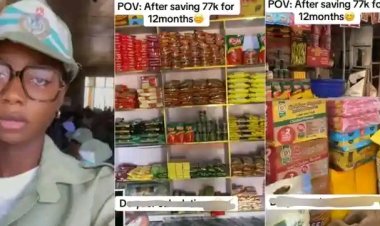Low School Turnout in Ebonyi Blamed on Economic Hardship
In Ebonyi State, the start of the new school term has been marked by a low turnout of students, attributed to severe economic challenges. Rising fuel prices and increased costs of transportation, educational materials, and essential goods have placed a significant financial strain on families.

As the new school term begins, parents and school authorities in Ebonyi State have attributed the low turnout of pupils to the harsh economic conditions affecting the country. The economic downturn, characterized by soaring fuel prices and escalating costs of essentials, has placed significant financial strain on families.
In Abakaliki, the capital of Ebonyi State, schools have reported a marked decrease in student enrollment and a troubling drop in the payment of school fees compared to previous terms. The rising cost of transportation, educational materials, and staple foods has exacerbated the financial burden on parents and guardians.
The economic challenges have prompted concerns from both parents and school officials. Mrs. Jacinta Ifeanyi, a mother of six, expressed her difficulties in managing the financial demands of sending her children to school, indicating that not all of her children might be able to resume classes this term.
In response to the economic hardship, Engr. Jude Okpor, the Ebonyi State Commissioner for Information and State Orientation, highlighted the state government's efforts to alleviate the situation. Governor Francis Ogbonna Nwifuru's administration has been proactive in addressing the financial strains on citizens. Governor Nwifuru’s administration has taken significant steps, including the implementation of the National Minimum Wage, to support the workforce. Ebonyi State is noted as the first in the Southeast region to adopt the new wage structure, with a recent increase from N10,000 to N20,000. This measure aims to enhance the living standards of workers amid rising living costs.
The state government has also introduced various empowerment packages under the “alert vamvavam” initiative. This program targets different societal groups, including market women, civil servants, and youths, providing timely support to help them cope with the economic downturn.
Social commentator Sampson Ekigbo and school headmistress Elizabeth Udeh have called for the immediate and effective implementation of the new minimum wage and other related measures, such as the commencement of the CNG transportation logistics scheme, to further alleviate the hardships faced by working-class parents.
The economic strain has undeniably impacted school resumption rates in Ebonyi State. While the state government’s initiatives offer some relief, there is a growing call for continued support and timely implementation of promised measures to ensure that all students can return to their classrooms without undue financial burden.

 Chris Oyeoku Okafor
Chris Oyeoku Okafor 



